For those concerned about the unregulated and potentially uncontrollable spread of genetically modified organisms, there was a lot at stake at the 16th Conference of the Parties to the UN Biodiversity Convention.
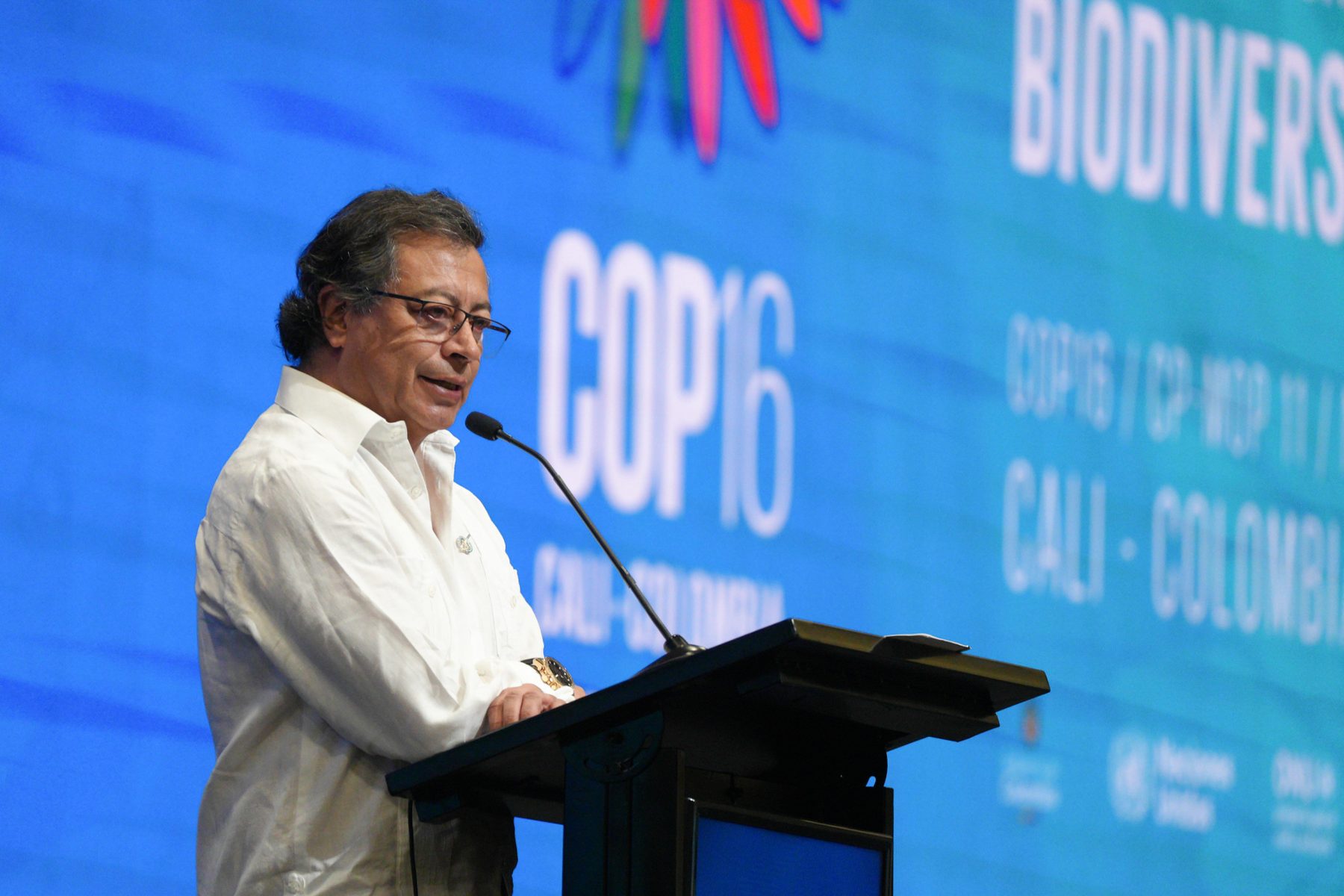

For those concerned about the unregulated and potentially uncontrollable spread of genetically modified organisms, there was a lot at stake at the 16th Conference of the Parties to the UN Biodiversity Convention.
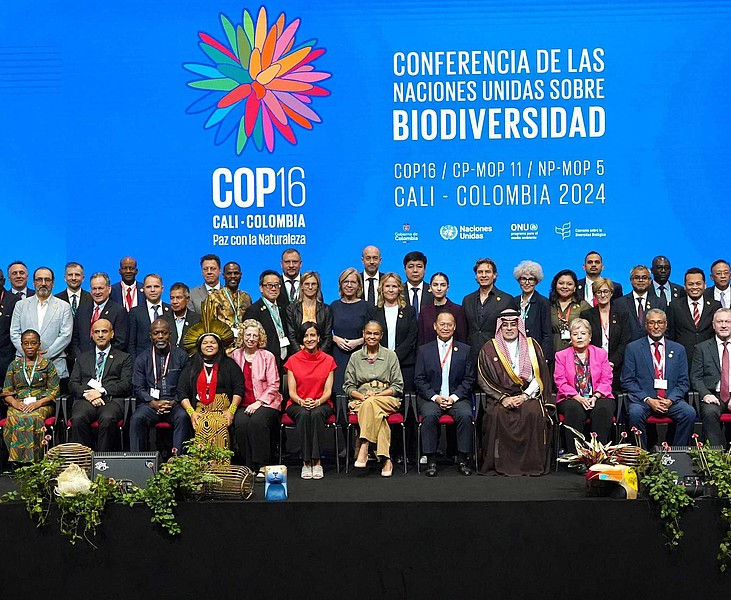
The 16th Conference of the Parties (COP) of the Convention on Biological Diversity (CBD) in Cali produced few encouraging results with regard to the Precautionary Priniciple and the effective regulation of genetically engineered organisms, particularly gene drives.
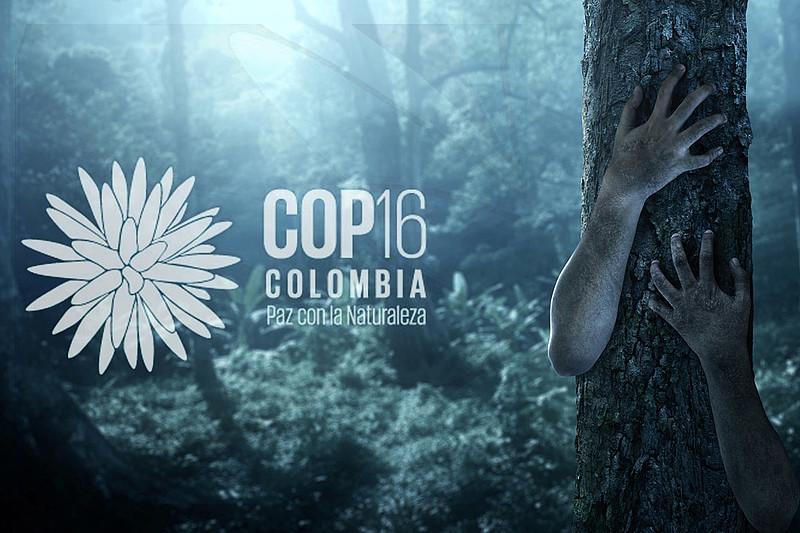
Things have changed at the Convention for Biological Diversity, CBD, says Jim Thomas who participated in most of the Convention’s COPs (CBD Conference of Parties) and MOPs (Meeting of Parties to the CBDs Biosafety Protocol) in this century.
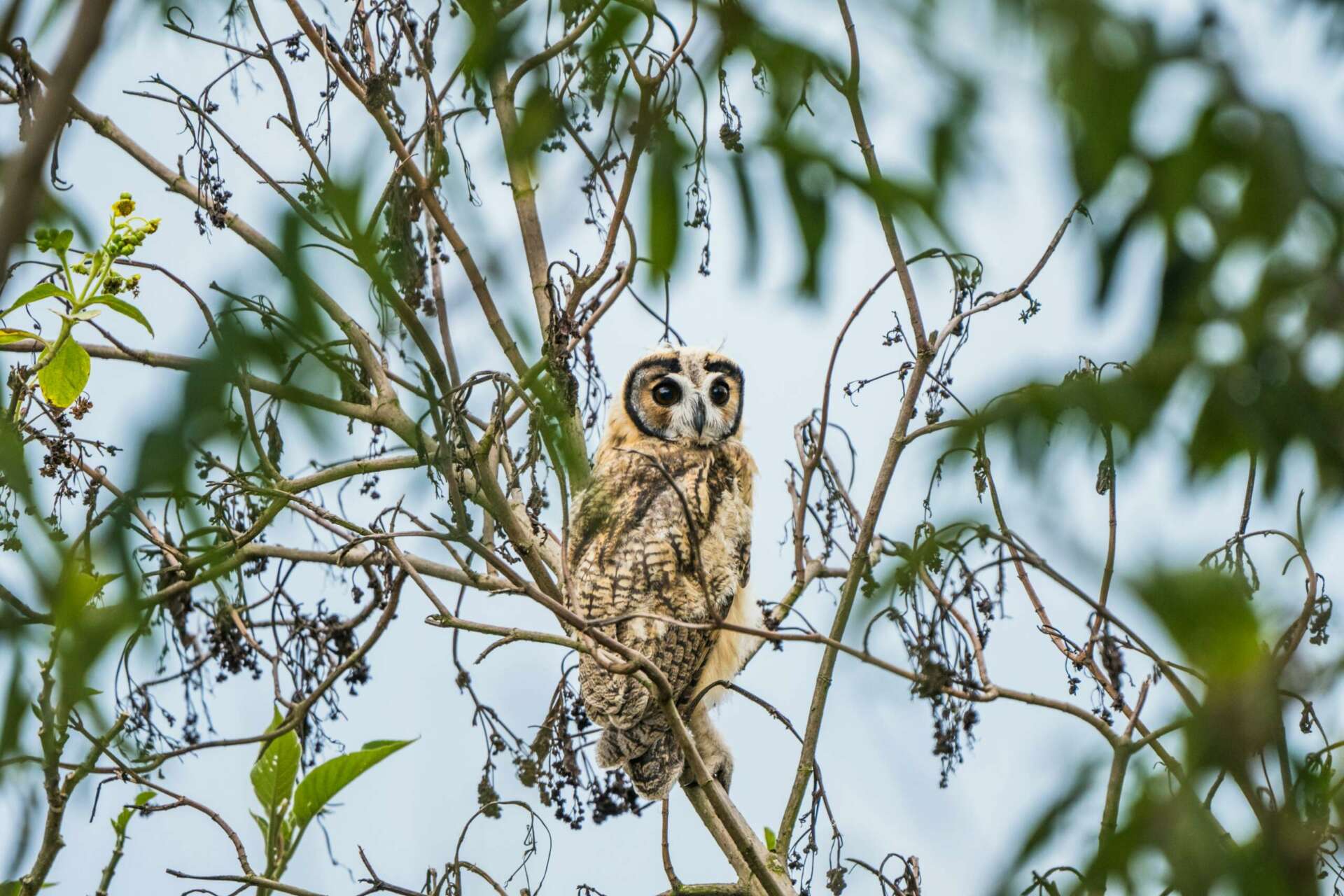
As biotechnology reaches ever greater capabilities to “re-design” nature, some want to turn the CBD into a place for the promotion rather than regulation of biotechnology. Parties to the Convention cannot let this happen, warns German-based NGO Save Our Seeds.
At COP16, parties should reaffirm the ‘broad and regular’ horizon scanning and agree on the next steps in the CBD’s Synthetic Biology program.
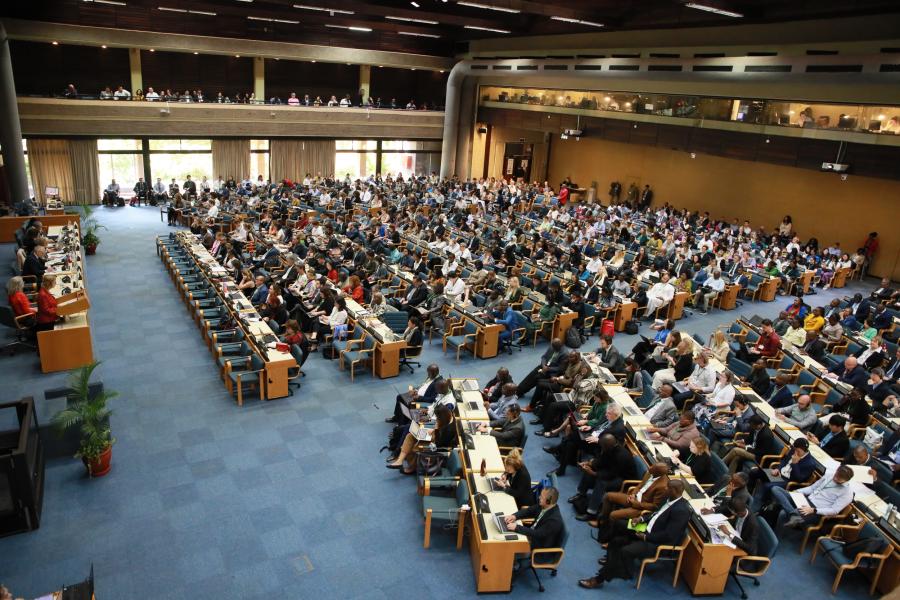
At the 26th Meeting of the Subsidiary Body on Scientific, Technical and Technological Advice (SBSTTA) to the Convention of Biological Diversity (CBD), Gene Drives received significant attention.
Nairobi, Kenya, 17 May 2024 — Parties to the United Nations Convention on Biological Diversity (CBD) are currently discussing controversial technologies in Nairobi. One such technology is engineered gene drives, a form of extreme genetic engineering designed to spread its modification throughout an entire species and persist in the environment.
Following Conference of Parties 15 (COP15), a multidisciplinary Ad Hoc Technical Expert Group (mAHTEG) on Synthetic Biology was formed. In early 2024, the mAHTEG issued a set of recommendations to the SBSTTA, outlining a methodology for the ‘broad and regular’ horizon scanning process. Drawing on the work of the mAHTEG, the Parties at SBSTTA 26 should: 1 — Agree the…
Berlin, 1 December 2022 — Ahead of the UN Biodiversity Conference COP 15 over 140 civil society organisations from Africa, Asia, Europe, Australia and the Americas have issued a joint manifesto exposing alarming risks of environmental releases of genetically engineered gene drive organisms which could lead to irreversible ecological consequences and drive entire species into extinction. Gene drives use new…